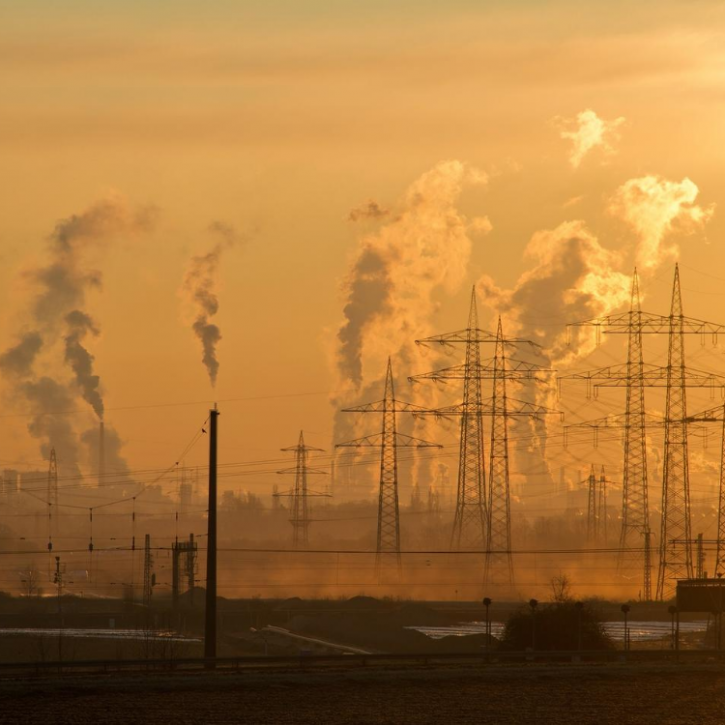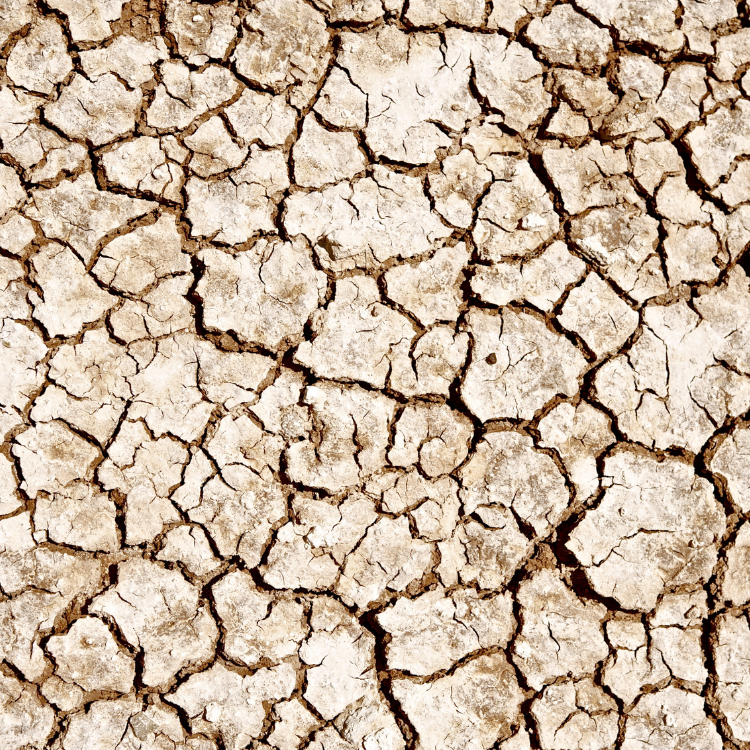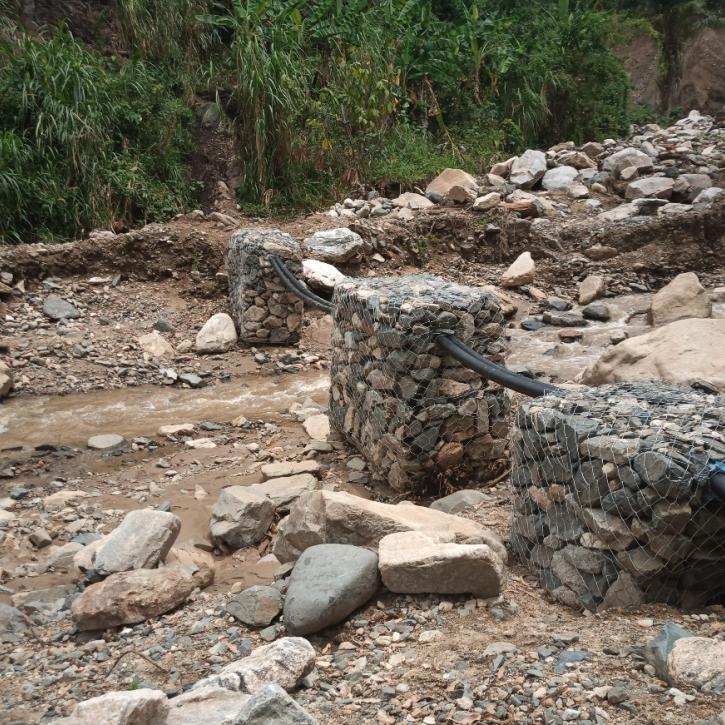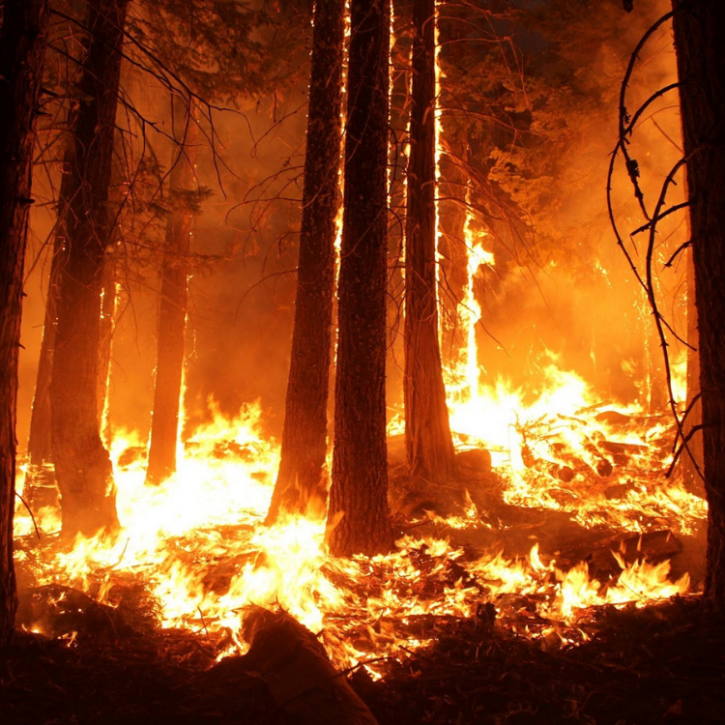

Reducing air pollution increases the local diurnal temperature range: A case study of Lanzhou, China
Title: Reducing air pollution increases the local diurnal temperature range: A case study of Lanzhou, China
Authors: Xueyan Cheng, Tianhan Lan, Rui Mao, Dao‐Yi Gong, Hui Han, Xiaohong Liu
Journal: Meteorological Applications
URL: https://doi.org/10.1002/met.1939
Active debate in the climate scientific community has focused on the influence of human-emitted air pollution on local climate change. This article provides evidence that human-emitted air pollution can influence local climate change. Lanzhou is one of the largest heavy industry cities in China, located in the semiarid area of northwestern China. The city has carried out massive air pollution control programs since 2012 and as a result, air quality in Lanzhou has significantly improved.
In this article, Cheng et al. (2020) found that the air pollution control programs significantly increased the maximum temperature in the daytime and decreased the minimum temperature at night, resulting in an increased daily temperature range in Lanzhou. The changes in air temperature in Lanzhou may be ascribed to a reduction in the number of aerosols, due to large-scale air pollution control programs.
During the day, the reduction in aerosols decreases the scattering and reflection of solar radiation in the atmosphere and thus, increases the absorption of solar radiation at the surface. This increase in short-wave radiation received by the ground then warms the atmosphere. During summer nights, the decrease in aerosols may increase cloud droplet size, resulting in more effective collisions of small raindrops and hence, causing an increase in precipitation amount and frequency. This increase in precipitation during summer nights in Lanzhou results in a cooler air temperature at the surface. On the other hand, during winter nights, the decrease in air temperature may be more related to the loss of surface heat through longwave radiation.




